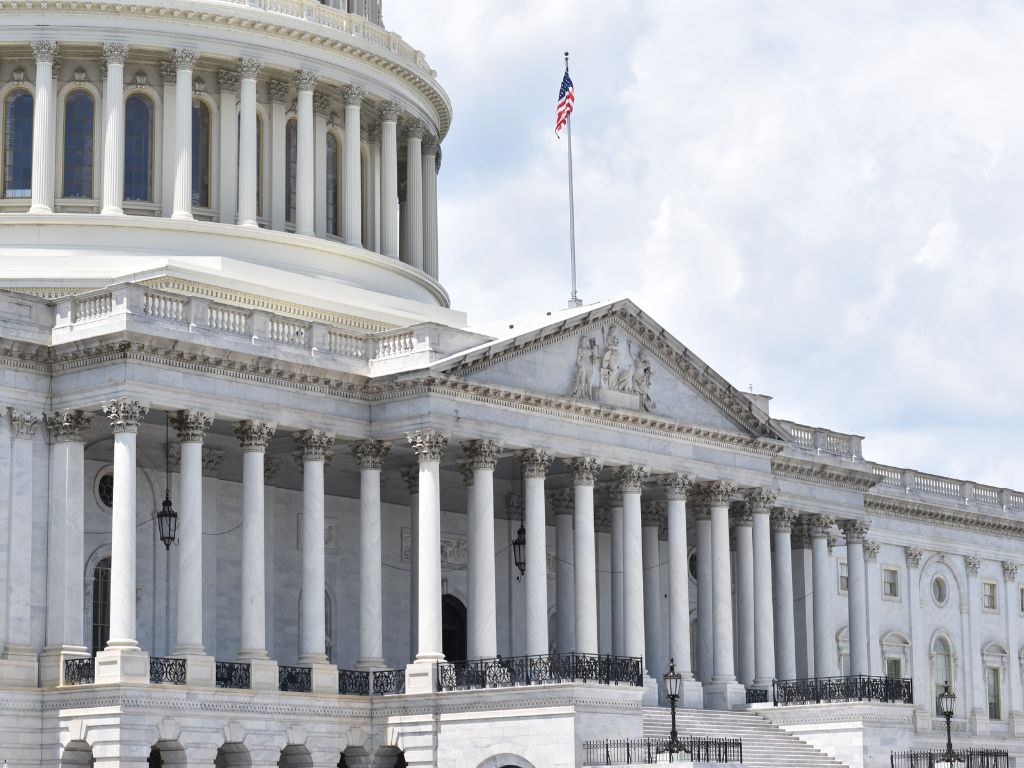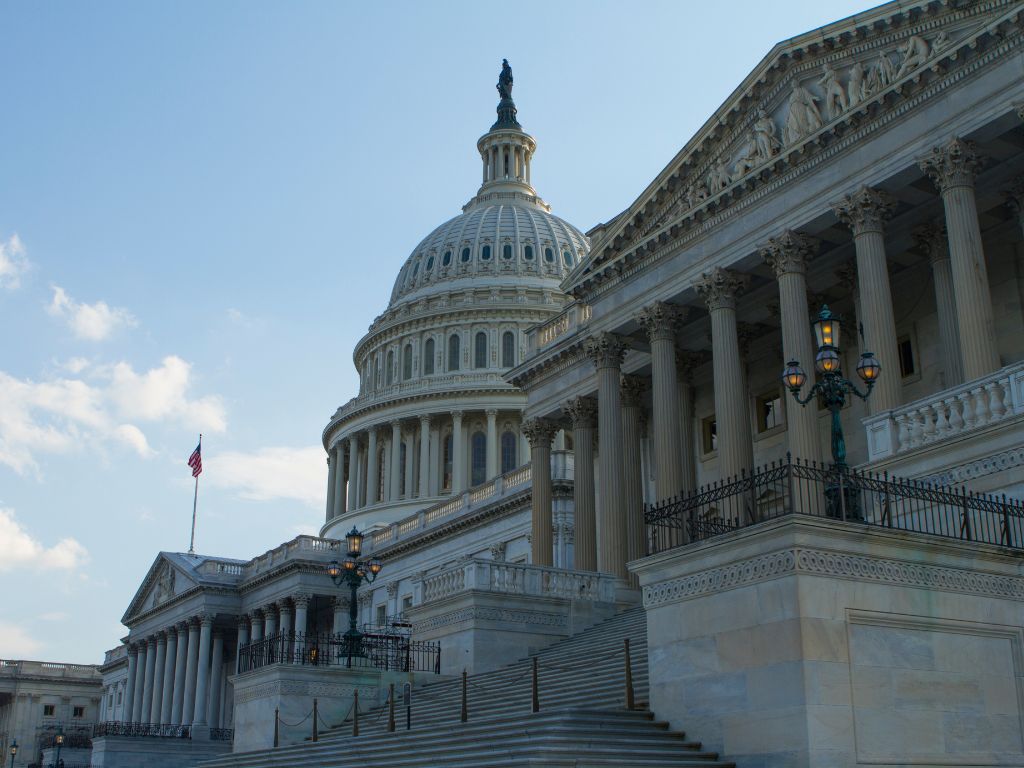Breaking Down the Government Contracting Process

The government contracting process can seem daunting, with its myriad regulations, procedures, and requirements. However, understanding the fundamentals is crucial for businesses seeking to tap into the lucrative world of government contracts. In this blog, we unravel the intricacies of the government contracting process, demystifying each stage to provide clarity and guidance. Acquisition Planning The […]
Proposal Reviews: Addressing Your FAQs

Proposal reviews are pivotal in the government contracting landscape, but they often raise questions for vendors navigating the procurement process. In this blog, we address the most frequently asked questions (FAQs) about proposal reviews, offering clarity and insights to help vendors understand and optimize their submissions. What is the Purpose of a Proposal Review? Proposal […]
The Benefits of Proposal Reviews

In the competitive landscape of government contracting, proposal reviews emerge as a cornerstone of success. They offer a structured framework for evaluating vendor submissions, ensuring fairness, transparency, and effectiveness in the procurement process. In this blog, we delve into the myriad benefits of proposal reviews and their pivotal role in securing lucrative contracts. Enhancing Proposal […]
Proposal Reviews: A Comprehensive Guide

In the competitive arena of government contracting, the proposal review process plays a crucial role in shaping the success of vendors. In this blog, we delve into the intricacies of reviews, unraveling their purpose, methodologies, and best practices to empower vendors in their pursuit of contract awards. Understanding Proposal Reviews Reviews are systematic evaluations of […]
FAQs About Proposal Evaluations

Proposal evaluations play a pivotal role in the government contracting process, yet they often spark questions and uncertainties among vendors. In this FAQs blog, we aim to demystify proposal evaluations by addressing some of the most frequently asked questions, providing clarity and insight into this essential aspect of procurement. What is a Proposal Evaluation? Proposal […]
The Benefits of Proposal Evaluations

In the competitive realm of government contracting, undergoing a proposal evaluation can be a game-changer for businesses seeking to secure lucrative contracts. In this blog, we explore the myriad benefits of getting a proposal evaluation, highlighting how it can significantly enhance your success in the procurement process. Enhancing Competitiveness Proposal evaluations provide valuable insights into […]
Proposal Evaluation: Understanding the Process

Proposal evaluation is a critical phase in the government contracting process, determining the selection of vendors for lucrative projects. In this blog, we delve into the nuances of proposal evaluations, shedding light on the criteria, methodologies, and best practices that govern this essential process. Understanding Proposal Evaluation Criteria Proposal evaluations typically assess various factors, including […]
How to Bid on Government Contracts as a Small Business

Bidding on government contracts is a strategic endeavor that can open doors to significant opportunities for small businesses. In this blog, we provide a detailed guide on how small enterprises can effectively bid on government contracts, empowering them to compete and thrive in the federal marketplace. Understand the Procurement Process Familiarize yourself with the government […]
FAQs about Federal Government Contracts for Small Businesses

Embarking on the journey of securing federal government contracts can be daunting for small businesses. To demystify the process and address lingering questions, we’ve compiled a list of frequently asked questions (FAQs) tailored specifically for small enterprises venturing into government contracting. 1What Are the Eligibility Requirements for Small Businesses to Bid on Federal Contracts? Small […]
Benefits of Federal Government Contracts for Small Businesses

Federal government contracts offer small businesses a gateway to unprecedented growth and stability. In this blog, we delve into the diverse array of benefits that federal contracts bring to small enterprises, underscoring their significance in the competitive business landscape. Steady Revenue Streams Federal government contracts provide small businesses with consistent and predictable revenue streams, offering […]
